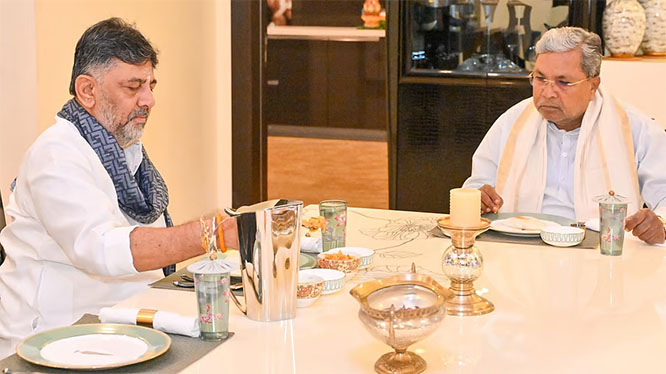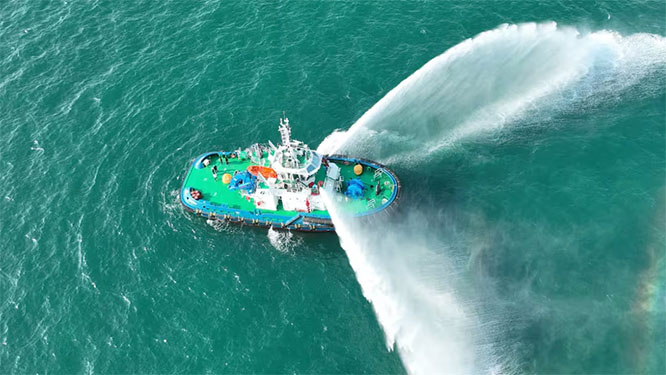Mangaluru International Airport (MIA), Karnataka’s second busiest airport, has seen 148.5kg of gold smuggled between 2019 and December 2024, with 90% arriving from the UAE. Customs officials recorded 346 cases, averaging 30kg of gold seized per year (2.5kg per month). Most smugglers are from Kerala and Bhatkal.
A senior customs officer revealed that MIA sees at least five gold smuggling cases per month. Numbers dropped during the pandemic but surged after flights resumed. Many offenders are first-time carriers, while some are habitual smugglers. With fewer flights, customs thoroughly checks passengers, making smuggling harder.
Smugglers constantly innovate concealment methods. Hiding gold in the rectum remains common, but gold is also found in trolley bags, mobile covers, chocolate boxes, milk powder, biscuit packets, and clothing layers. Electronic devices like car speaker magnets, LED bulbs, AirPods, wristwatches, and ballpoint pens have been used.
Unusual tactics include hiding gold in a woman’s hairband, a baby’s diaper, and even a kheer mix packet (347g). In one case, a passenger attempted to smuggle 100g in his mouth under a mask but was caught.
Officials note that while the UAE remains a key source, smugglers now bring gold from other Gulf countries, continuously adapting to evade detection.








Comments
Add new comment